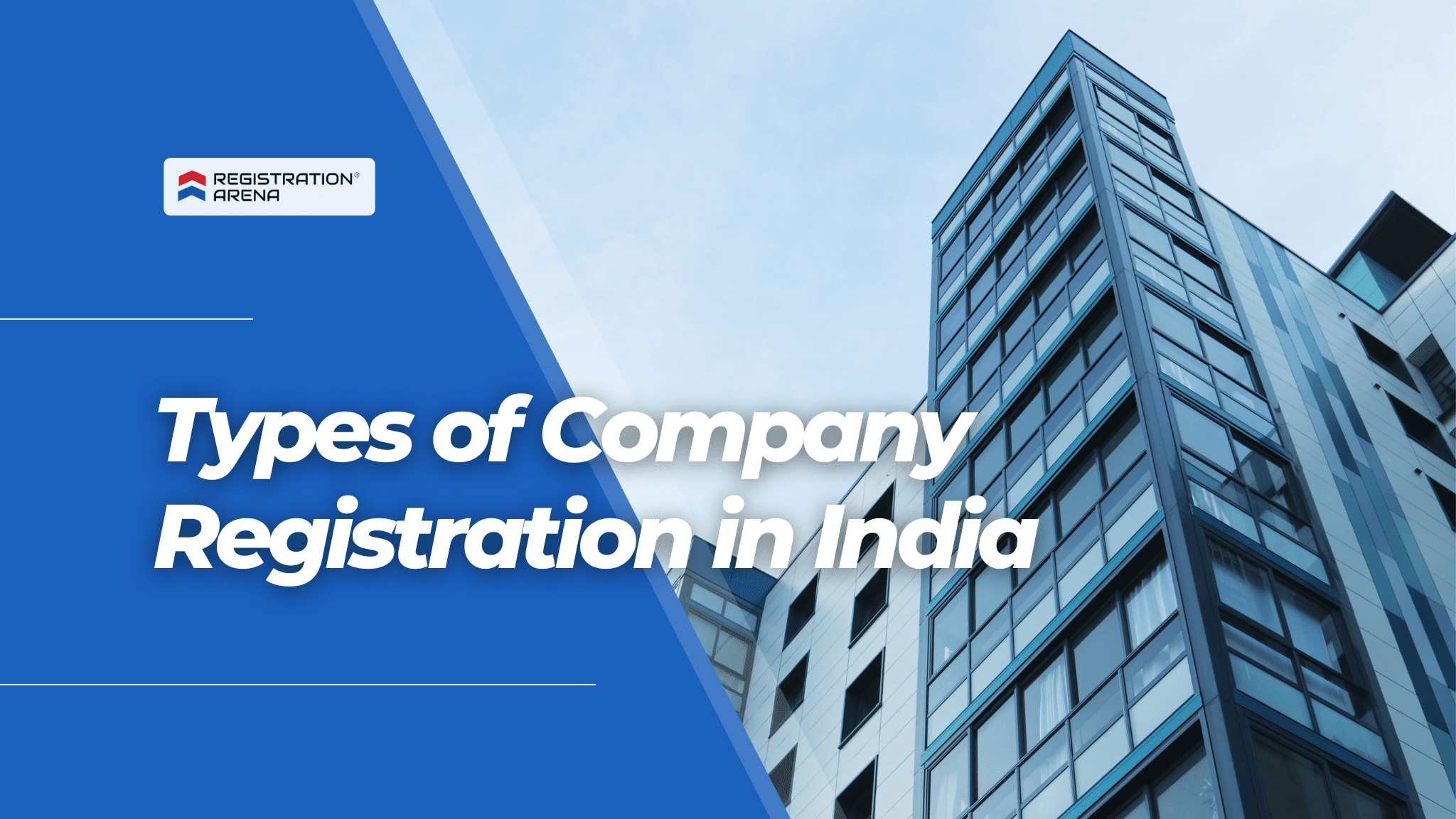Public Limited Company Registration in India
Our Top Clients






Simplifying the Process
Learn how our streamlined system makes it easy to navigate
your business needs from start to finish.
What is a Public Limited Company?
A Public Limited Company is a company form of organization consisting of at least 7 members. Promoters who are willing to induct a large number of shareholders or want to list their securities on the stock exchange usually prefer it. Therefore, there is no upper limit on the number of members, it can induct unlimited members into the company. Also, there is no requirement for minimum paid-up capital in the company.
A Public Ltd Company shall have a minimum of 3 directors on the Board. Additionally, a public company must add the words “Limited” at the end of its name. Moreover, the general public can acquire the shares or debentures of this company, and such securities are freely transferable.
Every shareholder of the company has the freedom to transfer shares to any other person. In addition, members have limited liability up to the unpaid amount of share capital towards banks/creditors.
Altogether, public limited companies are suitable for businesses that have a large requirement of capital, as it enables to raise money through the issue of shares to a large number of people. However, public limited companies are subject to stringent compliance and disclosure.
Features of Public Limited Company
- A Public Company must have a minimum of 7 (seven) members, but there is no limit on the maximum number of shareholders.
- The name of Public Limited Company shall end with the word “Limited”.
- There is no restriction on the transfer of shares in a public limited company.
- There must be at least 3 (three) directors out of whom at least 1 (one) director shall be a permanent resident of India.
- A public company can issue shares to the public and raise money by way of an Initial Public Offer (IPO), Further Public Offer (FPO), etc.









